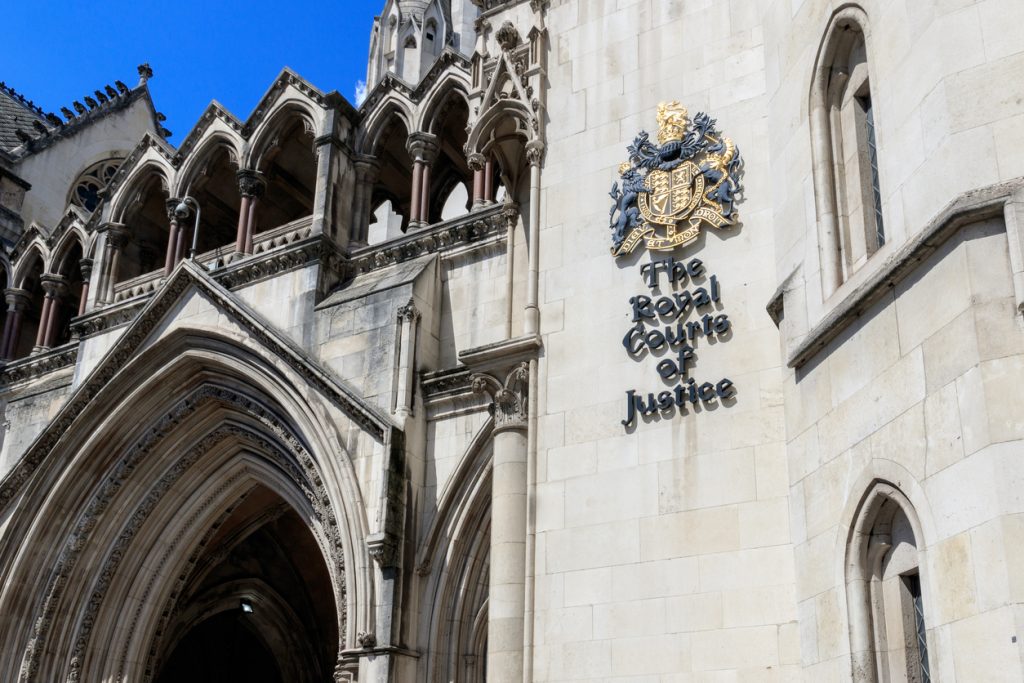According to Johnny Shearman, a Professional Support Lawyer at specialist disputes law firm Signature Litigation, this was Vos C's determination in the leading case dealing with the application of the Disclosure Pilot Scheme operating in the Business and Property Courts (UTB LLC v Sheffield United Ltd [2019] EWHC 914 (Ch)).
Now a recent decision highlights the level of scrutiny the court is prepared to take when deciding whether an order for additional disclosure should be granted under the Disclosure Pilot. Johnny explains for Lawyer Monthly below.
In Agents' Mutual Ltd v Gascoigne Halman Ltd [2019] EWHC 3104 (Ch), the High Court refused the claimant's application to enforce compliance with an existing order for disclosure (pursuant to paragraph 17 of CPR PD51U) and for additional specific disclosure to be given by varying the existing order (pursuant to paragraph 18 of CPR PD51U).
Background
Prior to the claimant's application and in accordance with the existing order for disclosure, the defendants undertook an exercise whereby some two million electronic documents (plus some hardcopy documents which were scanned and stored electronically) were collected and transferred to a disclosure platform. Date ranges and key words were applied to the document universe, which was reduced to a more manageable 30,000 or so documents. Following a manual review 95 documents were disclosed to the claimant.
The claimant complained that the defendant's electronic search was unsatisfactory and should be conducted again using additional search parameters as well as specific disclosure given of certain documents.
Decision
Dealing with the claimant's application for specific disclosure, the judge was critical calling it "misconceived" as the documents sought did not go to the relevant issues on the pleadings. Also, the judge was unconvinced that the documents could be located without the assistance of electronic searches. There was, therefore, an unavoidable overlap between the application for the disclosure of specific documents and the application requiring the defendant to redo its electronic search pursuant to the claimant's proposed search parameters.
In contending that the defendants should conduct a new electronic search, the claimant argued that there were a number of serious deficiencies in the defendant's approach to disclosure:
- Too few documents were disclosed: The judge identified that this was not, in itself, a deficiency. There may, in any given case, be few relevant documents of which to give disclosure. It may be that there are some cases where it is so obvious that certain documents must exist, the failure to produce them is indicative of a deficient disclosure process. However, the judge considered in this case that it was entirely possible that there were actually few relevant documents based on the pleaded issues.
- Inadequate search terms: The claimants complained the search terms were (i) too narrow to ensure the capture of all relevant documents and (ii) badly crafted. Dealing with the first of the claimant's issues, the judge said that to complain that the searches were too narrow showed a misunderstanding of the purpose of keywords. Keywords are used to reduce an unmanageable universe of documents to one susceptible of a manual search. As to whether the keywords were badly crafted, the judge was unpersuaded that a better outcome would arise from using the claimant's proposed search criteria. When using key word searches there is no guarantee that all relevant documents will be picked up. The question is whether a reasonable and proportionate search has been undertaken and, in this insistence, the judge concluded this was the case.
The judge's final remarks concerned the cooperation that is now expected between parties operating under the Disclosure Pilot. It is imperative that electronic searches are not conducted unilaterally and instead approached in an iterative and co-operative way prior to any subsequent manual review.
The judge's final remarks concerned the cooperation that is now expected between parties operating under the Disclosure Pilot. It is imperative that electronic searches are not conducted unilaterally and instead approached in an iterative and co-operative way prior to any subsequent manual review.
The decision in Agents Mutual demonstrates the methodical approach the court is willing to take to ensure that an order for further disclosure is reasonable, proportionate and necessary for the just disposal of the proceedings. Further it serves as a timely reminder, as we enter the Disclosure Pilot's second year in operation, that parties must consider the scope of the disclosure process as soon as possible so as to enable a meaningful and co-operative discussion between the parties, especially in relation to electronic searches.





















